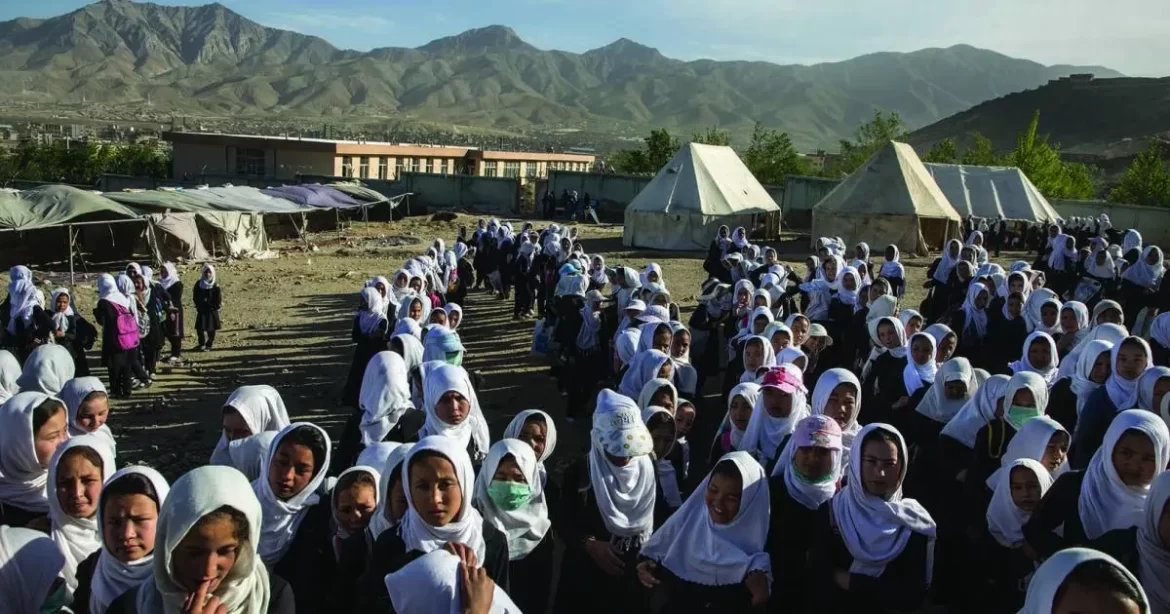Education Crisis Deepens Under Taliban Rule
The United Nations agencies UNICEF and UNESCO have issued a stark warning to the international community, stating that Afghanistan’s education system has been “severely damaged” under Taliban rule. According to their joint report, the Taliban’s restrictive policies have eroded basic human rights, particularly the right to education for children and women.
Since the Taliban seized power in August 2021, access to education has sharply declined. The report highlights that more than 90% of Afghan children aged 10 are unable to read even simple text, a crisis level of learning deprivation. An estimated 2.13 million children are currently out of school, and the numbers continue to rise.
Girls’ Education Ban Leaves Millions in Limbo
The ban on girls’ secondary and higher education, now entering its fourth year, has been especially devastating. Over 2.2 million teenage girls have been excluded from classrooms since the restrictions began. If the current policies persist, nearly 4 million girls could be denied secondary education by 2030.
Afghanistan remains the only country in the world where girls are systematically barred from secondary schools and universities. Human rights organizations have repeatedly condemned the move, calling it a violation of international law and a major setback for gender equality.
Collapse of Basic Infrastructure
The UN report also paints a grim picture of deteriorating school infrastructure. Between 2019 and 2024, enrolment of boys in higher education fell by approximately 40%. Many schools lack clean drinking water, sanitation, and essential supplies, while over 1,000 schools have closed due to insecurity, lack of funding, or staff shortages.
UNESCO’s regional education director noted that education is not only a human right but also essential for rebuilding Afghanistan’s future. The absence of a functioning education system, he warned, risks creating a lost generation vulnerable to poverty, extremism, and displacement.
UN Agencies Call for Urgent Policy Shift
UNICEF and UNESCO have jointly appealed to the Taliban leadership to abandon repressive practices and prioritize education and welfare. They emphasized that Afghanistan’s stability and recovery depend on restoring access to learning for all children—regardless of gender.
The future of millions of Afghan children depends on decisions made today, the statement concluded. Education must never be a privilege reserved for some, but a right guaranteed to all.















